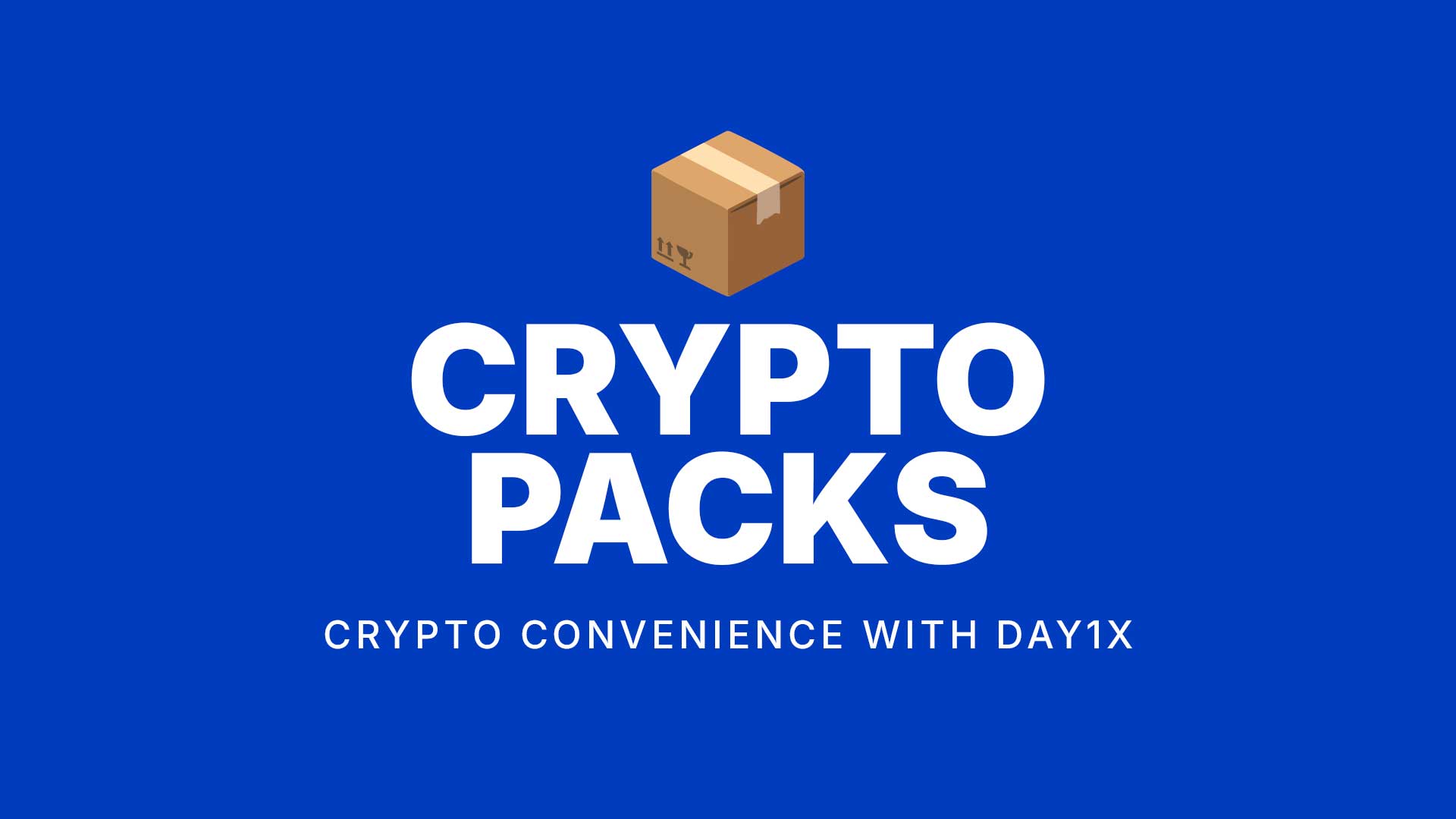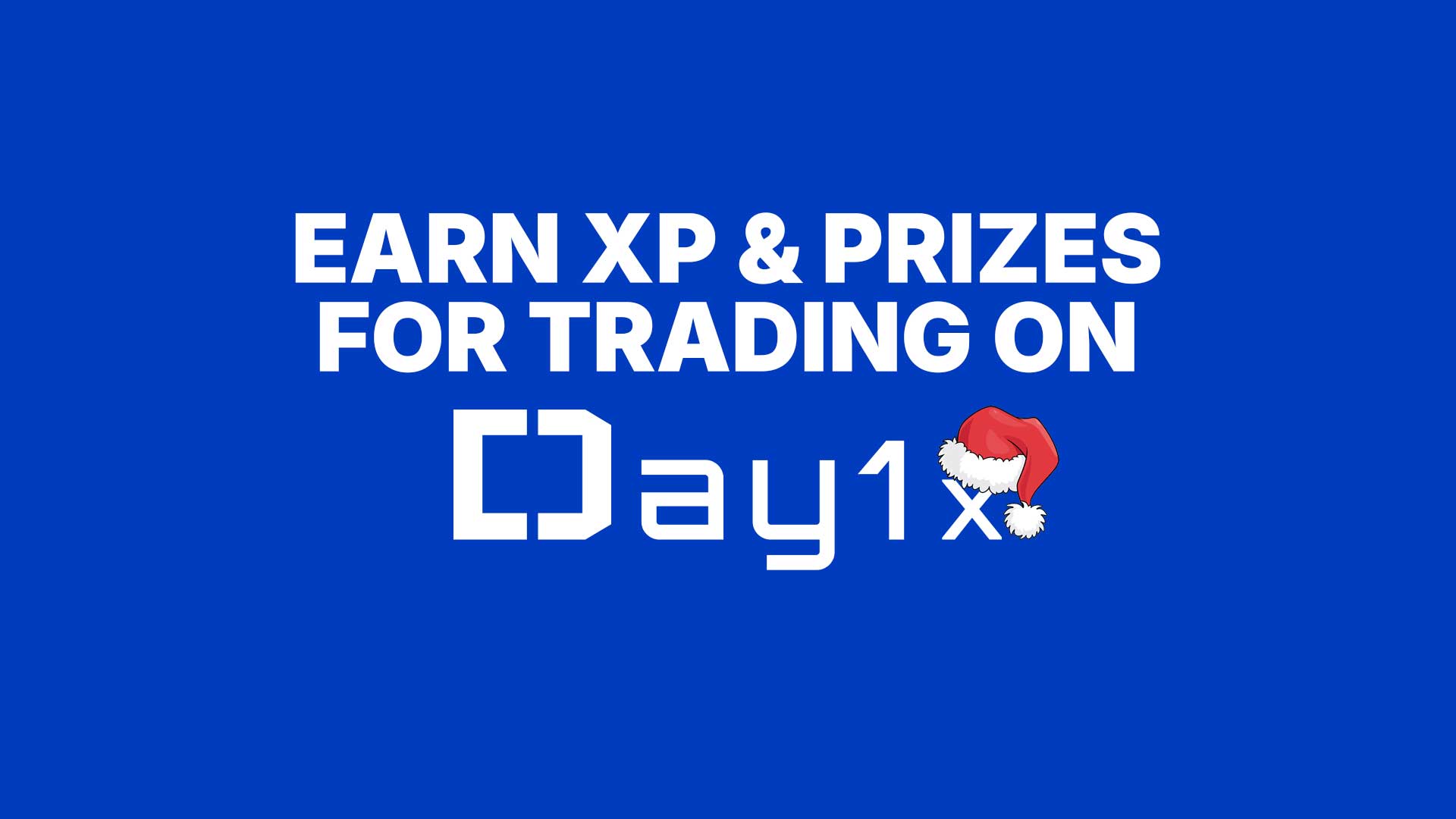The US Government is Stacking Bitcoin – Here’s What It Means for You
Discover why the US government is stockpiling Bitcoin in a strategic reserve, what this means for Bitcoin holders, and how it could impact the future of crypto.

8 March 2025
1
minute read


Imagine the U.S. government stockpiling Bitcoin the same way it does with gold. Sounds crazy, right? Well, that's exactly what just happened. President Donald Trump has signed an executive order for the creation of a U.S. Strategic Bitcoin Reserve. Think of this like a gold reserve, but instead of Fort Knox, we get Bitcoin.
The White House also announced a U.S. Digital Asset Stockpile, which will hold other cryptocurrencies, making it the first government-backed crypto reserve of its kind. Even more shocking, there’s a possibility of zero capital gains taxes for U.S.-based crypto projects.
This raises some major questions:
- Why is the government doing this?
- How will it work?
- How many coins will be bought?
- Which cryptocurrencies will be included?
- Should the government even be investing in Bitcoin?
- How high will Bitcoin go?
Let's break it all down and explain why this could be one of the most historic moves in financial history.
Why is the U.S. Government Creating a Bitcoin Reserve?
To understand why the U.S. is doing this, we have to look at history. The U.S. built its wealth by acquiring physical property—purchasing Louisiana, Texas, California, and Alaska for just $40 million in total. These acquisitions added trillions of dollars to the economy over time.
Now, we’re in the digital age, and the new economic frontier is cyberspace. The U.S. is making a strategic move to plant its flag in this new digital economy before anyone else does. But beyond that, there are three key reasons for this move:
1. Hedge Against Inflation and Economic Uncertainty
Bitcoin has a fixed supply of 21 million coins, meaning it can't be inflated like the U.S. dollar. By holding Bitcoin, the U.S. is protecting itself from currency devaluation and excessive money printing, just like gold has done for decades.
2. Owning the Most Valuable Digital Property
Bitcoin is often referred to as digital gold, and the government wants to hold as much of it as possible. In the future, Bitcoin holdings could even help pay down the $34 trillion national debt.
3. Staying Ahead in the Global Digital Reserve Race
Countries like El Salvador have already adopted Bitcoin as legal tender, boosting their economy and tourism. The U.S. doesn't want to fall behind. The International Monetary Fund (IMF) recently told El Salvador to stop buying Bitcoin, which signals that global powers are taking notice. Now, the U.S. has made a bold move to become the country with the largest Bitcoin stockpile in the world.
How Will the Strategic Bitcoin Reserve Work?
The Strategic Bitcoin Reserve is separate from the U.S. Digital Asset Stockpile. Here’s the difference:
Strategic Bitcoin Reserve
- Only includes Bitcoin (no Ethereum, XRP, Solana, or Cardano).
- No new taxpayer money will be used to buy more Bitcoin.
- The government will hold onto 200,000 Bitcoin already seized from criminals.
- No selling of Bitcoin from this reserve.
- The Treasury and Commerce Secretaries are allowed to find budget-neutral ways to acquire more Bitcoin.
U.S. Digital Asset Stockpile
- Holds other cryptocurrencies (Ethereum, XRP, Solana, etc.) seized in criminal and civil forfeitures.
- The government will not buy additional crypto.
- The Treasury can sell from this stockpile when necessary.
This officially legitimises Bitcoin as a strategic asset, alongside oil, gold, and even the 1.4 billion pounds of cheese stored in Missouri’s underground caves.
What Does This Mean for Crypto’s Future?
This move has huge implications:
- The U.S. is not banning Bitcoin—in fact, it’s embracing it.
- States like Texas and Wyoming could start their own Bitcoin reserves.
- Other countries, like Japan, Singapore, and China, may follow suit, starting a global Bitcoin stockpiling race.
- Hedge funds, family offices, and banks can no longer ignore Bitcoin as a serious asset class.
This also confirms Bitcoin is not a Ponzi scheme or just a speculative asset. It’s now being treated as a monetary reserve, just like gold.
What About Other Cryptos?
The Digital Asset Stockpile suggests that other cryptocurrencies will still play an important role. Here’s how different types of digital assets fit into this new world:
1. Digital Commodities
Bitcoin is now classified as a digital commodity, like gold or oil. It has no issuer and serves as a store of value.
2. Digital Currencies
Stablecoins like USDC and Tether represent digital versions of fiat currencies, making them useful for payments.
3. Digital Securities
Securities like stocks and bonds could eventually be traded on blockchains, making markets more transparent and efficient.
4. Digital Tokens
Platforms like Ethereum, Solana, and Cardano could power decentralised finance (DeFi) and new financial systems. Even though the government is not actively buying altcoins, this doesn’t mean they won’t play a role in the future digital economy.
Why Does This Matter to You?
Some people might argue: why does the U.S. need Bitcoin? Well, stocks are tied to companies, and those companies can fail. Bitcoin, on the other hand, is a decentralised monetary asset. It isn’t controlled by any company, government, or central bank. The U.S. government doesn’t need shares in Apple, but it does need a monetary store of value that could withstand financial crises, banking failures, or economic warfare.
Another interesting idea? The U.S. could create a Sovereign Wealth Fund to invest in other digital assets—similar to how Norway manages its $1.5 trillion oil fund. This would allow the government to profit from crypto without risking taxpayer money.
Final Thoughts
The U.S. government’s decision to stockpile Bitcoin is a game-changer. It signals that digital assets are not just a passing trend but a crucial part of the global financial system. This move could push Bitcoin past $100,000, or even $1 million, as more nations and institutions rush to secure their own reserves. A potential zero capital gains tax on crypto projects in the U.S. could attract massive investment and innovation, making the country a global leader in blockchain technology.
More importantly, this marks the beginning of a new era where Bitcoin stands alongside traditional reserves like gold and oil. Governments, corporations, and investors will no longer be able to ignore it. Will other countries follow the U.S. in stockpiling Bitcoin, or will they fall behind in this new digital financial landscape? Either way, the world is now in a race to secure the future of money, and Bitcoin is at the centre of it all.
More Articles
Explore more insights, and updates from Day1x.





